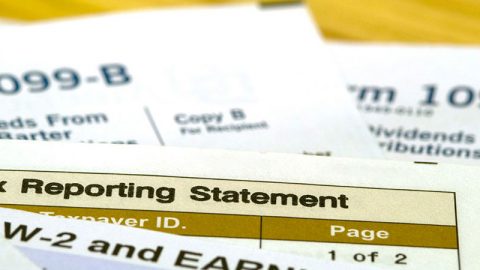Posted with permission from CrowdCheck, Inc.
Every company offering securities to investors under Regulation Crowdfunding (“Reg CF”) is required to provide financial statements that are prepared in accordance with generally accepted accounting principles. For offerings seeking over $107,000, those financial statements are required to be reviewed by an independent public accountant (second helpings under Reg CF may require financial statements audited by an independent public accountant for raises of more than $535,000 in the prior 12 months). While most companies have correctly complied with the review or audit requirement, some companies have failed to engage accountants that are actually independent, potentially leading to liability for failure to comply with Reg CF.
To make things even more complicated, the independence standards for Reg CF are different than the standards for Tier 1 and Tier 2 of Regulation A – so an accountant that reviewed financials for an offering for Reg CF may not be able to audit for the purposes of Regulation A. That will be the subject of another post. The different standards do emphasize that if a company has any concerns about whether an accountant can be independent, it should confirm with the accountant before initiating an engagement.
When should companies be concerned about accountant independence? Generally, the SEC standard of accountant independence is that an accountant is impaired is the accountant is not capable of exercising objective and impartial judgment on the company’s financial statements. Typically, this could result from that same accountant providing non-review or audit services. Such services include:
- Bookkeeping
- Financial information systems design and implementation
- Appraisal or valuation services
- Actuarial services
- Internal audit outsourcing services
- Management functions
- Investment banking services
- Professional services unrelated to the review or audit.
The SEC focuses on these types of services because they are common services of public accountants that (1) create a mutual or conflicting interest with the company; (2) place the accountant in the position of reviewing or auditing their own work; (3) result in the accountant as acting in the role of management of the company; and (4) place the accountant in a position of being an advocate for the company.
For Reg CF offerings, the most common independence issues result from accountants performing the following two functions:
- The accountant drafting the notes/disclosures in the financial statements; and
- The accountant calculated the fair market value of the enterprise for the purpose of computing stock option plan expense.
Companies should be aware that the above list is not an exhaustive list of activities that may impair an accountant’s independence. If a company has a prior professional or personal relationship, there is a chance that the accountant is not independent and the review or audit will not comply with Reg CF, or Regulation A, if the company foresees conducting an offering under Regulation A in the future. In that instance, companies may want to consider a different accountant for their review or audit.


